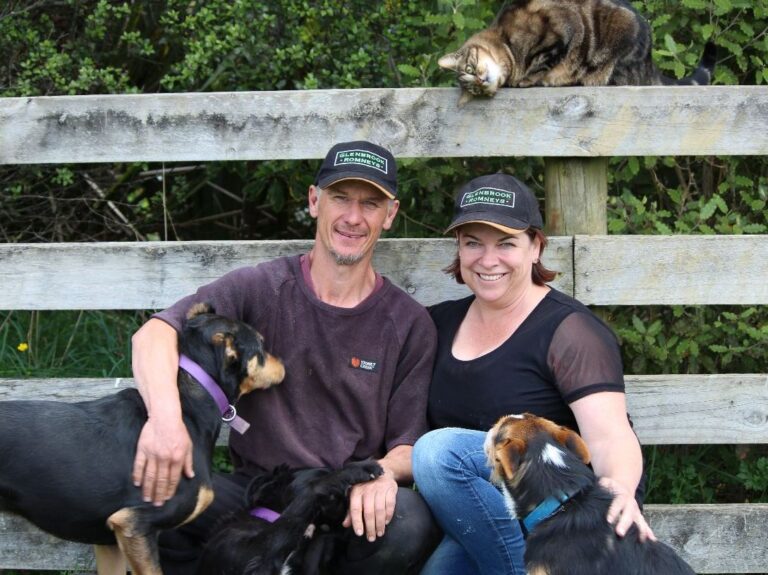Farmers, vets and scientists agree.
It’s time for genetics.
“We’ve dramatically reduced the frequency of drenching”
Glenbrook Romneys – Kaukapakapa. Running our own worm fecal egg counts using the FECPAC kit from Techion Group, we are able to ascertain the…
Continue Reading “We’ve dramatically reduced the frequency of drenching”
“Breeding resistance to internal parasites is an essential tool”
Danny Hajdu – retired veterinarian. Parasitism has consistently been ranked the No. 1 Animal health problem by sheep farmers in NZ In 1962 the…
Continue Reading “Breeding resistance to internal parasites is an essential tool”
“WormFEC Gold members have the track record, passion and knowledge to produce a genuine genetic advantage”
Mark Anderson – MVSc VetsNorth. Gut parasitism is a major problem for sheep farming. It has been estimated that up to 30% of modern…
“It will take time to build this trait into the flock and see effects. So start now”
Dave Warburton – Vet Services Hawke’s Bay. Drench resistance is the number one animal health issue affecting sheep performance across New Zealand. Introducing worm…
“A low-cost sustainable approach to reduce the effects of parasitism”
John McEwan – AgResearch Scientist. Breeding for host resistance to internal parasites in sheep has been shown from more than 40 years of research…
Continue Reading “A low-cost sustainable approach to reduce the effects of parasitism”
“Breeding sheep with an increased ability to resist infection is an important part of the strategy”
Kathyrn McRae – AgResearch Scientist. Currently, control of parasites in sheep relies heavily on the use of anthelmintic treatment. The increasing prevalence of drench…






